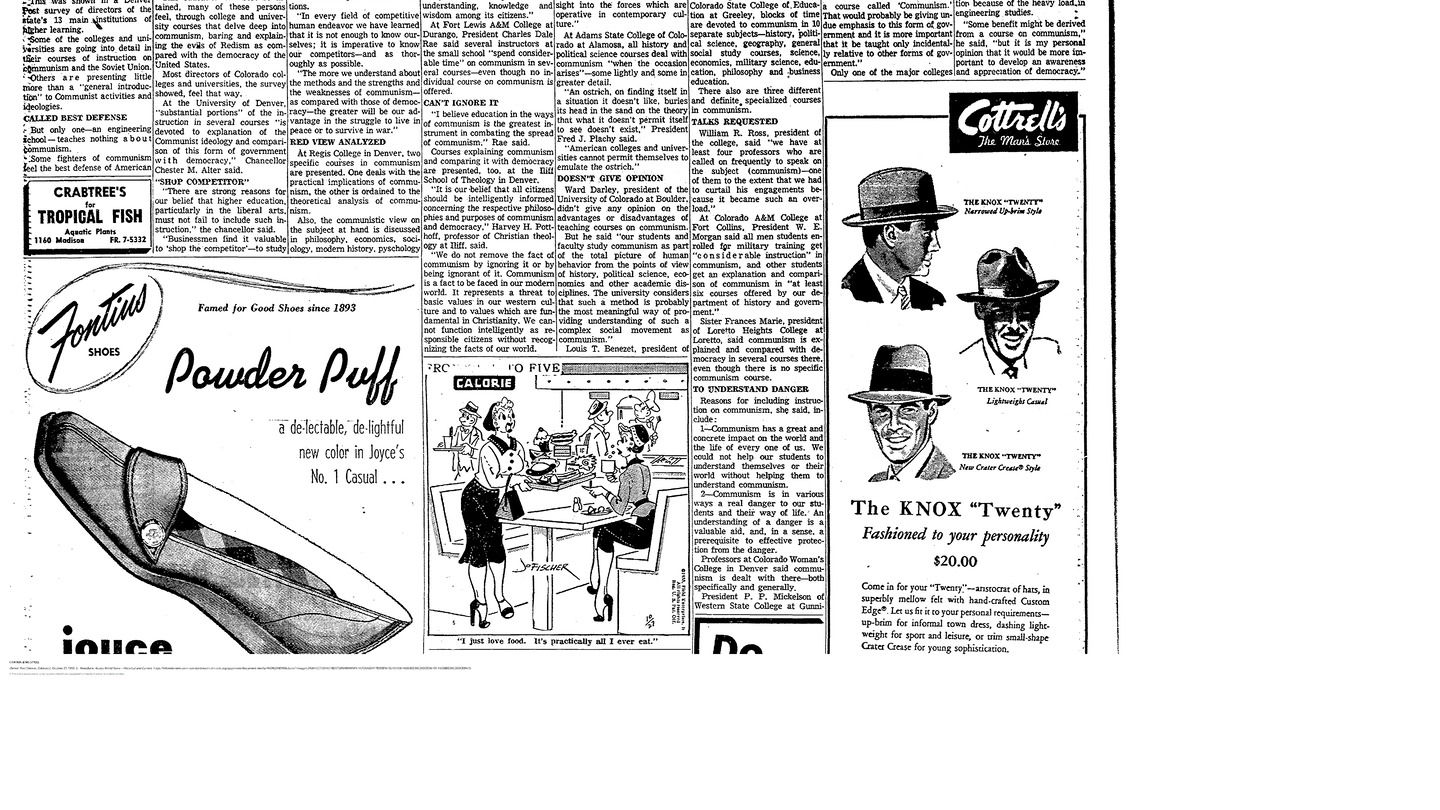Standing Up for What They Believe
In the aftermath of World War II, American media and political discourse frequently cast Communism in a negative light, portraying it as an ideology steeped in evil and adversity. This characterization was frequently reinforced through linking Communism to notions of death, criminality, and malevolence. During the Cold War era, there was a prevalent anti-communist sentiment in American society, fueled by concerns over the perceived threat communism posed to American values, democracy, and capitalism. The prevailing belief in the "domino theory" further heightened anxieties about the spread of communism, contributing to support for French efforts in Vietnam.
These prevailing ideas about communism in the United States heavily influenced initial thoughts about Vietnam. The fear of communist expansion and the belief in the domino theory shaped the perception that U.S. involvement in Vietnam was necessary to prevent the spread of communism throughout Southeast Asia. As a result, there was initially limited public awareness and concern about Vietnam specifically or the broader implications of the conflict. The focus of American attention was primarily on Europe and the Soviet Union as the main Cold War adversaries, and the war had not yet captured significant public attention. It was not until the 1960s, as the U.S. military involvement escalated and media coverage increased, that doubts and criticisms about the effectiveness of American strategy in Vietnam began to emerge, marking a gradual shift in public perception.
The perception of the Vietnam War among the American public frequently deviated from the harsh realities of the conflict. Despite the prevailing belief in progress and eventual triumph, the war proved to be long and arduous, lacking a clear route to success. Media coverage predominantly emphasized American casualties, downplaying the extensive loss of life suffered by the Vietnamese. The portrayal of the enemy as a unified, ideologically-driven force disregarded the intricate motivations and complexities involved. The everyday struggles of combat, the profound impact on civilian communities, and the immense challenges faced by American troops received insufficient representation, resulting in a limited understanding of the true nature of the war.
During their service in Vietnam or upon their return, some troops gained a profound awareness of the stark disparities between the widely propagated perception of the war and the harsh realities they encountered. Immersed in the demanding and unpredictable conditions of combat, these individuals developed a firsthand understanding of the complexities that undermined the prevailing narrative. They witnessed the prolonged and grueling nature of the conflict, recognizing the absence of a clear path to victory. Moreover, they witnessed the devastating toll on Vietnamese civilians and their fellow soldiers. These experiences shattered idealized notions and instilled a sense of disillusionment, prompting them to question the accuracy of the prevailing portrayal. Their personal encounters during the war played a pivotal role in shaping their perspectives and contributing to the growing opposition and anti-war sentiment among veterans upon their return.
Numerous Vietnam veterans, compelled by their personal experiences and a commitment to truth, took it upon themselves to inform the American public about the striking disparities between the popular perception and the harsh realities of the war. Through impassioned speeches, heartfelt writings, and tireless activism, these veterans shared their firsthand accounts, revealing the intricate complexities, enduring challenges, and profound human costs of the conflict. Their unwavering dedication aimed to challenge prevailing narratives, foster greater understanding among fellow citizens, and address the prevailing disillusionment that permeated the nation.

